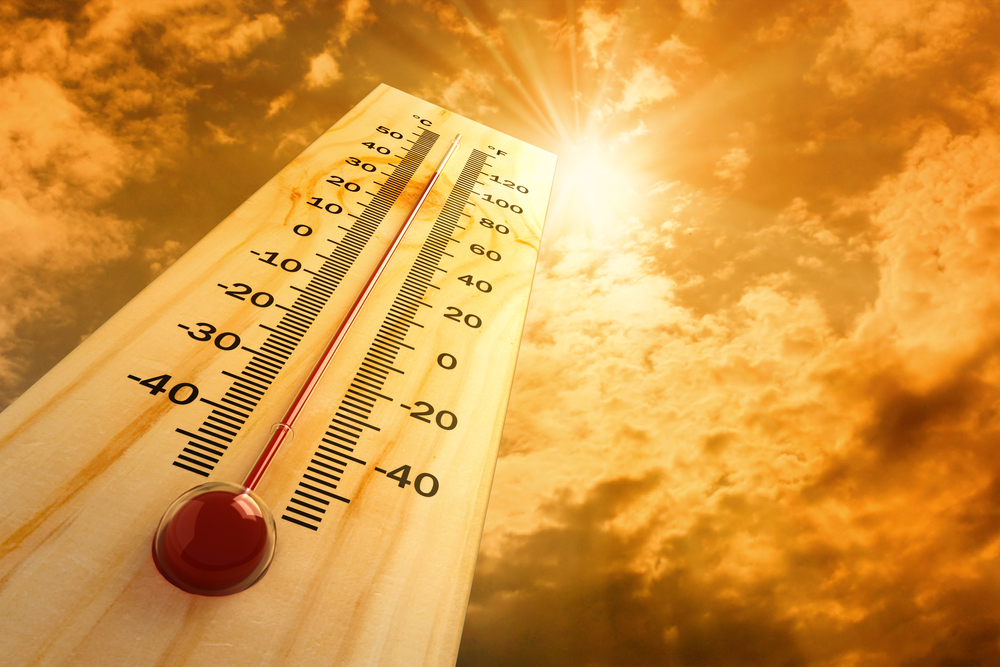Breaking
DOH tips versus heatstroke: Keep yourself hydrated
MANILA – “Keep yourself hydrated with enough water”.
This was the Department of Health (DOH) advice to the public to avoid heatstrokes especially now that the summer heat is being felt wherein the body is releasing water through bodily sweats.
“Dapat talaga may tubig (We should not forget to drink water, or bring safe drinking water with you anytime),” said DOH Secretary Janette L. Garin as a tip to prevent the heatstroke commonly felt during summertime wherein hotter temperatures are felt.
Aside from that Secretary Garin added the following preventive tips:
– Limit the amount of time you spend outdoors;
– Aside from drinking plenty of water, as much as possible it will help a lot if one will avoid tea, coffee, soda and alcohol;
– Wear a wide-brimmed hat, use umbrella and long-sleeved clothing when outdoors; and
– Schedule heavy-duty activities for the beginning or end of the day, when it’s cooler or at least in the air-conditioned rooms as much as possible.
Heat stroke is the most severe form of heat injury and happens when the body fails to cool down.
It happens when the body temperature is between 104 and 105 degrees Fahrenheit which start to manifest once the body fails to recover from heat exhaustion.
Under this condition heat stroke victims are not able to sweat and release excessive heat due to dehydration and humid temperature.
Although some age groups such as the elderly and young children are considered high-risk, everyone who is exposed directly to the sun can be a victim of heat stroke.
Some signs of heat exhaustion include dizziness or fainting; anxiety; headache; intense thirst, dehydration; and weakness or discomfort.
Other signs and symptoms (usually preceded by heat exhaustion) include delirium; unconsciousness or comatose; very high core body temperature of 400 Centigrade or more; hot, dry skin; rapid heartbeat; and convulsion.
As first-aid measures, the following are suggested to be done if one encounters people experiencing heat strokes:
– Move the person to a shady spot or indoors and have them lie down with their legs elevated. If they’re conscious, have them sip cool water;
– Remove clothing, apply cool water to the skin and fan them;
– Apply ice packs to the armpits, wrists, ankles and groin; and
– Bring the person to a hospital immediately.






















